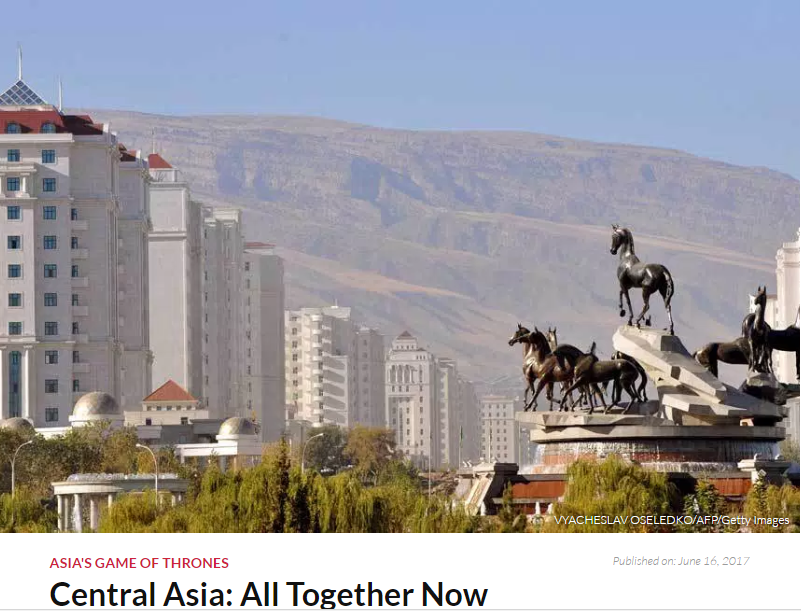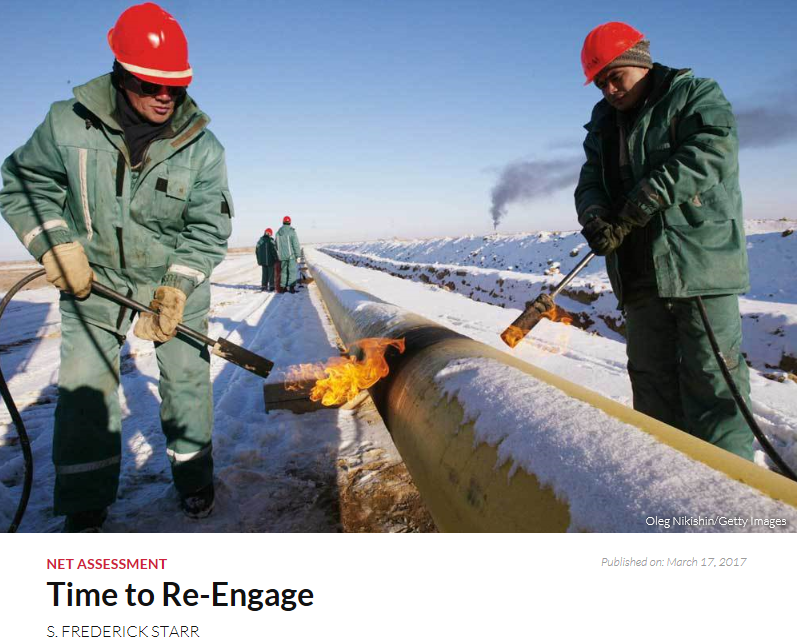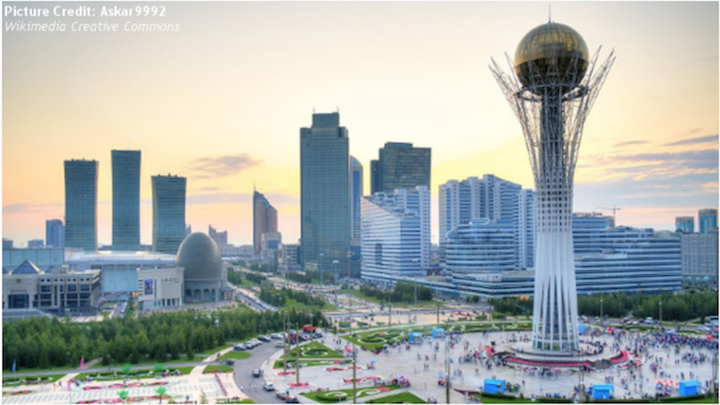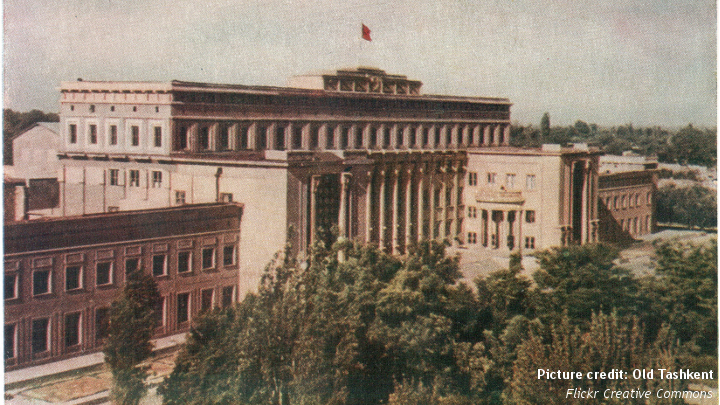Central Asia is not a Breeding Ground For Radicalization
Both in Europe and the United States, this argument is made with increasing frequency but it doesn’t reflect reality.
On October 31, a citizen of Uzbekistan was arrested for the terrorist attack in New York City that led to the death of eight people. The attack drew parallels to a similar truck attack earlier this year in Stockholm, as well as terrorist deeds in Istanbul and St. Petersburg. In these cases the perpetrators were of Uzbek origin. In addition, over 2,000 Central Asians have taken part in the civil war in Syria, fighting for jihadi organizations like the Islamic State or the Nusra Front. Is Central Asia a breeding ground for extremism?
Kazakhstan in Europe: Why Not?
Central Asia: All Together Now
Central Asia: All Together Now
Bilahari Kausikan, S. Frederick Starr and Yang Cheng
The American Interest, June 16, 2017

Time to Re-Engage
Article, The American Interest, March 17, 2017
S. Frederick Starr, Time to Re-Engage
Whipsawed by years of foreign policy activism and then by general retreat, the United States is at risk of losing an opportunity to cement hard-won gains in Central Asia/Afghanistan.





